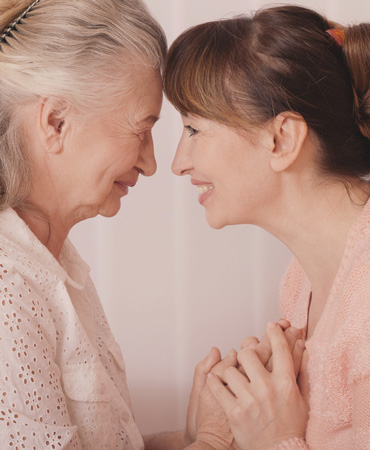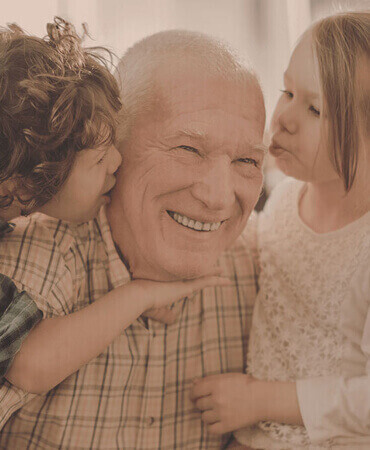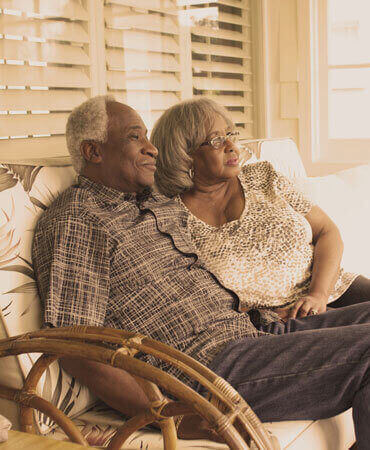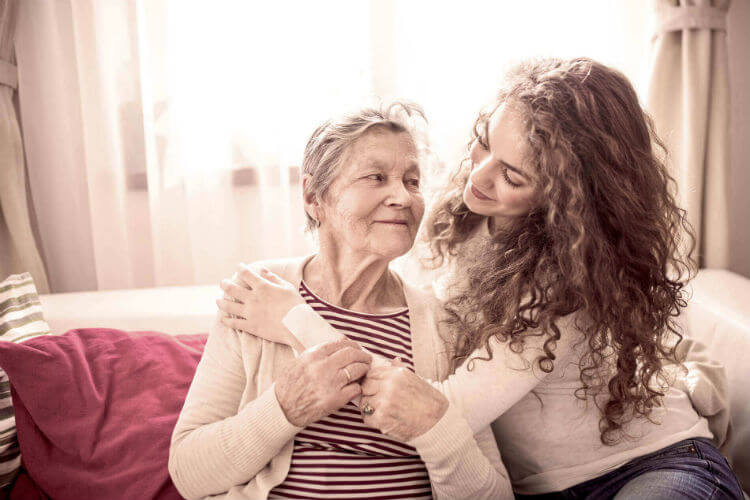Helping Seniors Live Well at Home
At Barrie Home Care Assistance, we are dedicated to helping families find the best and most suitable care option that meets their needs and fits their schedule. Whether your loved one is just getting out of a hospital, dealing with Alzheimer’s, Dementia, Parkinson’s, stroke or slowing down as a result of old age and is in need of assistance and companionship, you can count on Home Care Assistance to be there every step of the way. Our exclusive Balanced Care Method™ goes beyond the basics of home care. Our caregivers are trained in the importance of a balanced diet, exercise, mental stimulation and social interaction for elderly seniors and older adults. Call us at 647-970-3803 and let’s work out the very best solution for you or your loved one.

24
Hour Care
Live-In or 24 Hour Care offers seniors the opportunity to age in place, in a familiar home environment surrounded by their cherished memories. Around-the-clock care is a great alternative to assisted living facilities or retirement homes.

Dementia &
Alzheimer's Care
Home Care Assistance proudly trains our caregivers in the Cognitive Therapeutics Method™ so that clients can receive one-to-one cognitive stimulation as well as support with basic care and activities of daily living– at no additional cost.

Respite &
Hourly Care
Hourly home care is not only used to enhance the lives of our senior clients, but the lives of their families as well. Hourly care can provide family caregivers with time to attend to their own needs and personal obligations.

Care in Assisted
Living Facilities
There are many options to consider when looking for solutions in caring for your aging loved ones, including live-in facilities. We can help you determine the best possible care for your loved one with whatever budget you are working with.
What is Unique About Home Care Assistance?
Balanced Care Method™
Our holistic, evidence-based Balanced Care Method encourages a nutritious diet, regular physical activity, mental and social stimulation, and cultivating a sense of purpose to promote overall wellbeing and longevity. Learn More
Cognitive Therapeutics Method™
While all seniors benefit from our science-based Cognitive Therapeutics Method, it was specifically designed to slow mental decline in seniors with memory impairment through activities targeting attention, visual-spatial perception, language, memory, and executive functioning. Learn More
Meeting Senior Care Needs in the Comfort of Home
After learning and understanding the needs and abilities of the senior, the home environment and the level of family involvement, we will create an individualized plan of care. Caregivers can help on an hourly or 24/7 basis and assist with any or all of the following:
- Household chores such as laundry and dishwashing
- Bathing, dressing, grooming and incontinence
- Nutritious meal preparation in accordance with dietary preferences
- Mobility and range of motion exercises
- Medication reminders and prescription pick-up
- Transportation for errands and medical appointments
- Companionship and emotional support


Communities We Serve:
- Barrie, Innisfil, Alliston
- Collingwood, Orillia, Wasaga Beach

Latest From Our Blog
In-home care supports family caregivers by providing respite, assisting with daily living tasks, enhancing safety, and restoring healthy family dynamics. While caregiving remains a meaningful role, professional support reduces physical and emotional strain, allowing family members to maintain their own wellbeing while ensuring their loved ones receive consistent, high-quality care….
Creating a safe home environment for seniors generally requires reducing fall risks, improving visibility, and adapting spaces to match changing mobility and strength. Most safety improvements focus on flooring, bathrooms, lighting, accessibility, and emergency response, allowing older adults to remain independent while minimizing injury risk. As our loved ones age,…
Social interaction is vital for everyone’s wellbeing, and it’s especially important for individuals living with dementia. Engaging with others can boost cognitive health, reduce feelings of isolation, and enhance overall quality of life. This article offers practical ways to encourage meaningful social engagement for a senior loved one with dementia….







